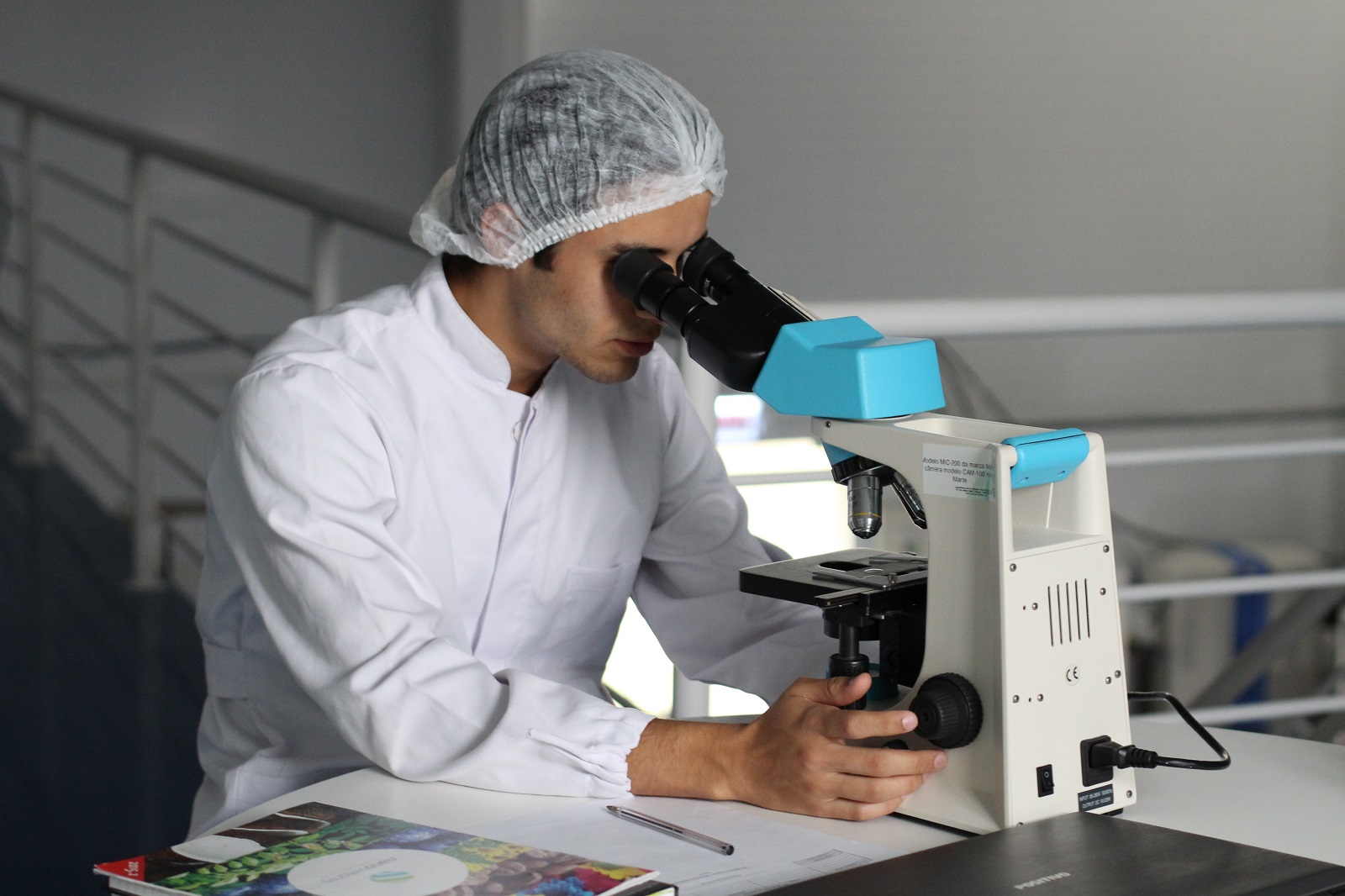In Europe, the UK is a leader for tech industry growth, as all manner of innovations and start-up enterprises continue to change the tech landscape for the better. While smartphones and AI language models are fun iterations of new technology, there is one area for which tech means much more: healthcare & medicine.
The Emergence of Health Technology
Health technology is not a new industry or innovation, either. Healthcare has been heavily iterated over thousands of years, and technological advancements in the last 200 years manifold – with technological advancements as we understand them today beginning not too long after the harnessing of electricity.
Today, though, health technology is a far cry from the first electrosurgical devices. Technological advancement in the field of healthcare has been breakneck since the turn of the 20th century, with new innovations and understandings paving the way for even more effective, efficient and precise instruments, implements and arrays. But what, specifically, has healthcare technology given us in recent memory?
Health Technology and Modern Medicine
The impact that technology has had on medicine overall is incalculable, but there are some standout contributions that have, in their own right, defined the high standard that patients of modern medicine enjoy today. One key technological breakthrough was the development of X-ray technology to safely examine internal injuries; another was the development of ECG machines for monitoring key functions in the body.
Great progress has also been made with regard to the treatment of various conditions and diseases, some of which tended to come with poor prognoses. Brain injury claims in civil court arise for numerous reasons, from axonal diffuse injuries suffered in a road traffic incident to a traumatic injury from a trip at work or in public – but the outcome of these injuries is better overall for many unfortunate enough to suffer them, with sophisticated neuroimaging equipment and precise robot-controlled implements revolutionising brain surgery.
Another strong example is that of diabetes – a condition which previously had extremely limiting impacts on the lives of those with it. Today, the equipment necessary to monitor blood sugar and administer insulin can be carried in a package little larger than your phone.
The Future of Healthcare
This barely scratches the surface of what technological advancements in medicine have given us – and is by no means the totality of what it can give us. Development continues at breakneck pace, and new technologies give way to even newer ways of diagnosing, treating and administrating patients.
AI is one such success story, with machine learning algorithms improving at such pace that they are a promising alternative to human-led data entry. This takes significant pressure off healthcare practitioners in organising care, while fast-tracking patients to the care they do need.






